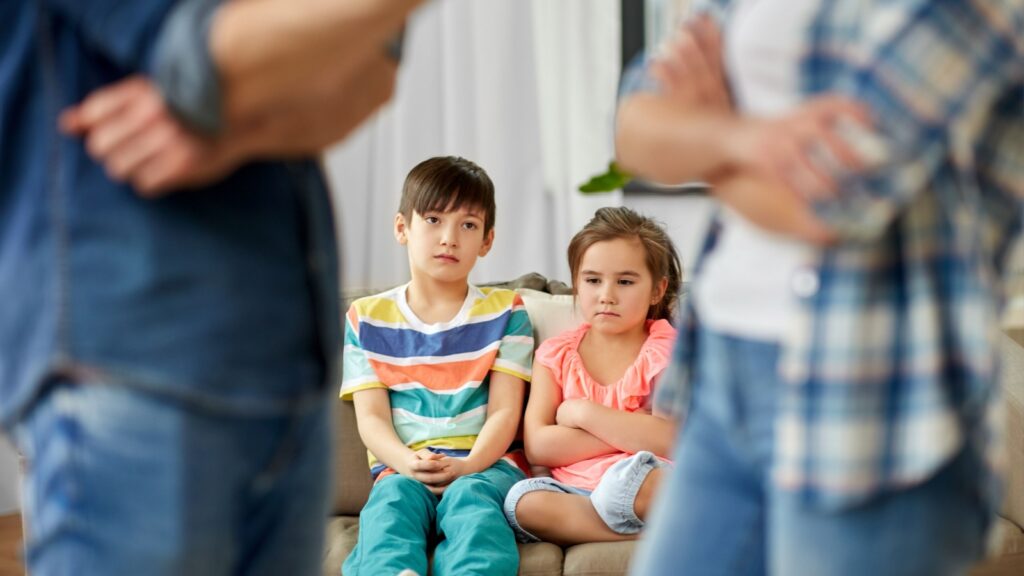You can tell kids stuff ’til you’re blue in the face, but in all honesty, they’re watching what you do more than listening to what you say. They pick up on the little things, even when you’re not trying to teach them anything. As such, they might learn some things you don’t exactly want them to. Here are 19 things kids pick up just by being around you.
How You React to Traffic
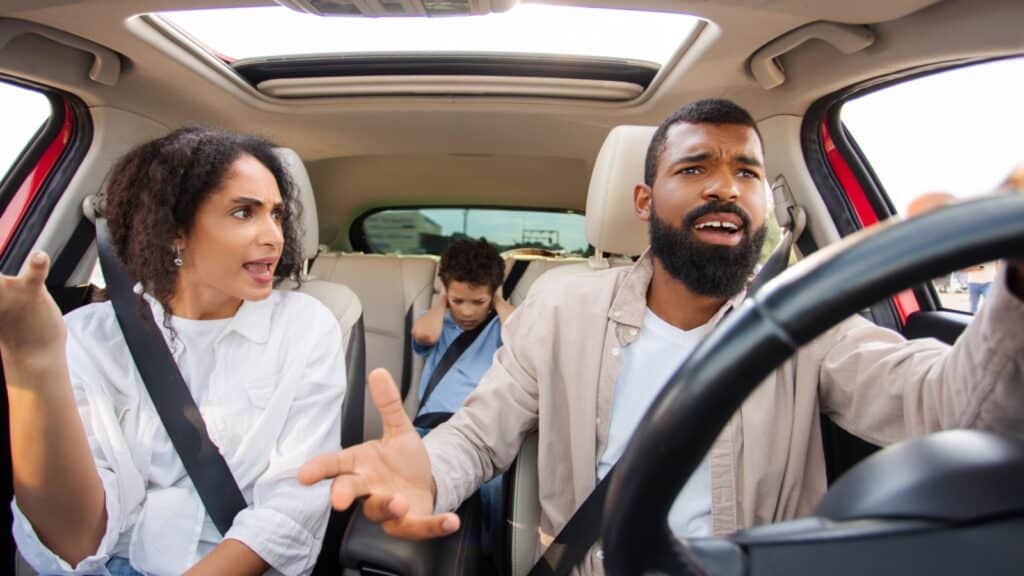
While your kids might be buckled in the backseat, don’t think they’re not aware of every eye roll and road rage you have on the road. If you yell at the guy who didn’t signal or you hit the horn three times in a row, they’ll probably imitate that sound later for fun. They notice how you grip the wheel and your voice changes. They even notice whether you let stuff go or hold onto it for ten more exits, so don’t just think they’re zoning out back there.
The Way You Apologize (or Don’t)
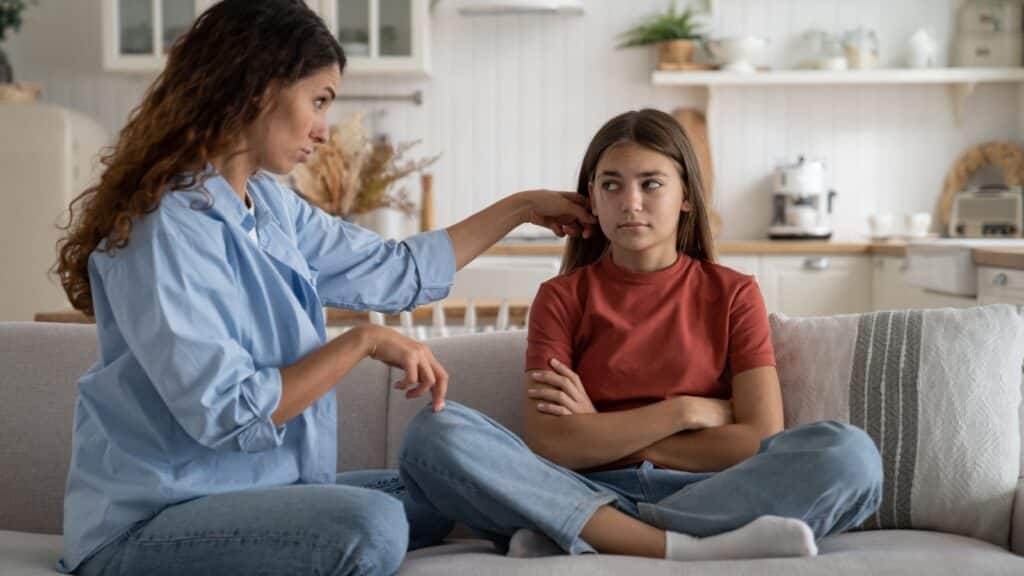
Saying “Sorry” after you knock over someone’s coffee or forget a birthday is something they catch. But if you pretend nothing happened or joke your way out of it, they’ll be aware of that, too. Kids learn what owning your mistakes looks like long before they ever say it themselves. They’re rather tuned in when you apologize without making excuses or when you act like it’s no big deal.
What You Do With Your Phone During Dinner
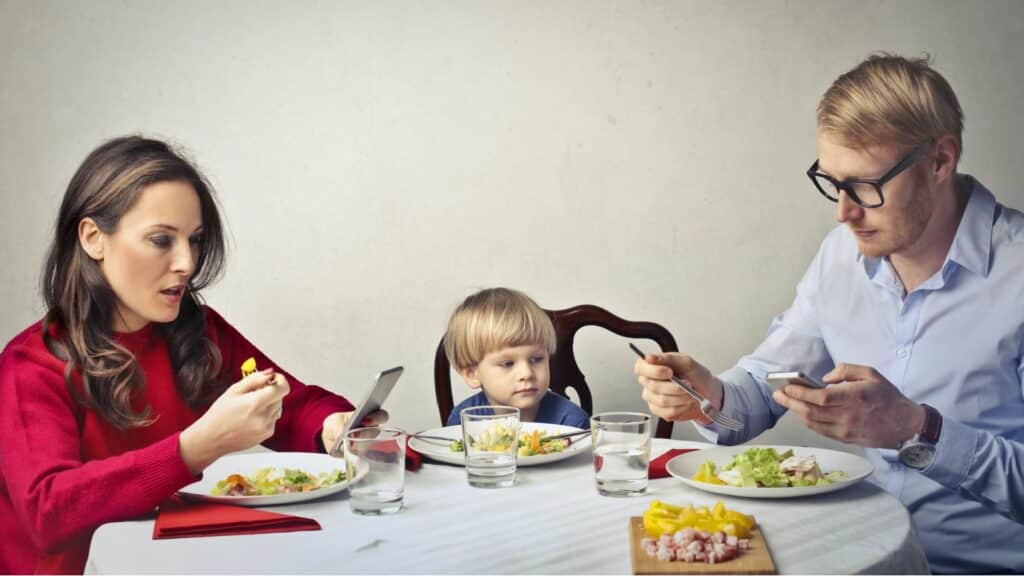
Your kids watch how connected you are and how disconnected you might be during dinner. For example, they’ll see if your phone is face-up and buzzing next to your plate every night, which sends them quite a message. The same goes for answering texts in the middle of eating salad. It doesn’t matter if you’re checking work or watching memes. What they see is that the phone is getting more attention than they are.
How You Use Your Free Time

But it’s not just at the table, as kids also notice when you scroll all the time, or perhaps you binge shows until bedtime. They notice what you do when you don’t have to do anything, and whether your downtime includes books and walks, or sitting on the couch for hours on end. The way you spend a Sunday tells them a lot, whether you want it to or not.
How You Handle Messes
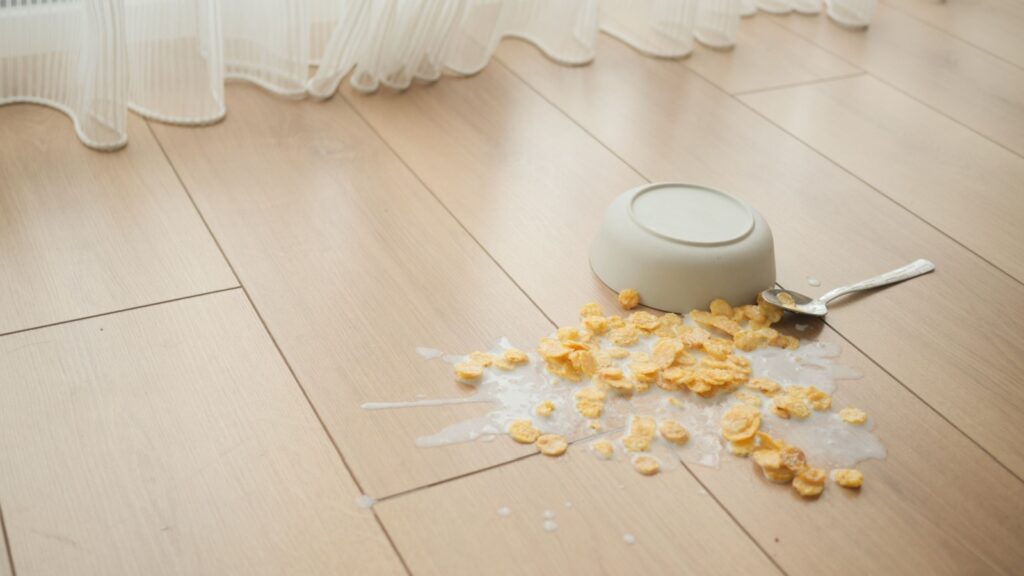
After a plate breaks or some coffee spills, they’ll make a mental note of your reaction. Do you simply leave it and walk away? Or do you decide to grab a towel and move on? However you react, that’s a lesson in action for them that goes beyond simply seeing how you clean. Even the way you scrub or toss something in the trash teaches them something about effort and follow-through.
The Tone You Use With Strangers

Kids even study your little interactions with strangers, like when you order a coffee or when you ask for help at a store. Whether you’re friendly or grumbly, if you look people in the eye or rush through it, they’re aware of it. It teaches them exactly how to act in public, one small moment at a time. They’ll learn about kindness and how it’s either something you only use with important people, or if it’s just how you treat everyone.
What You Do When You’re Frustrated

The way you handle that mess of emotions after you stub your toe or forget your password again is something your kids see. You don’t even have to say anything. They’re watching how you deal when things don’t go as planned, like if you suddenly take a deep breath or if you storm out of the room. How you react will quickly tell them what kind of emotion goes with what kind of mistake.
How You Treat Your Own Body

Do you make a face every time you look in the mirror, and do you talk badly about your thighs? Do you mention how much you “shouldn’t” eat that cookie? Kids catch those offhand comments, even if you say all the right things to them about self-love. They learn from how you treat yourself, and they see you poking your stomach or sucking it in while walking past a window. They notice when you talk about food like it’s a problem.
How Often You Say “Thank You”
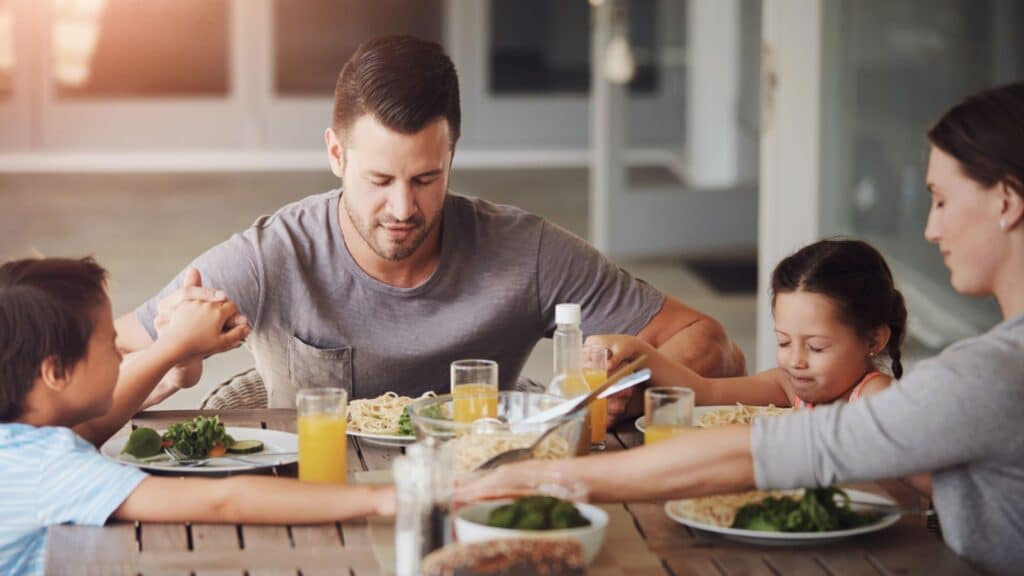
No matter how many times you tell your kid to use their manners, what they notice is how many times you do so yourself. It’s you saying “thanks” to the person holding the door or the UPS guy that they’re aware of. Even the tone that you use matters, and if you mumble it like you’re half asleep or say it with a little smile, they’ll remember that.
The Way You Treat Animals
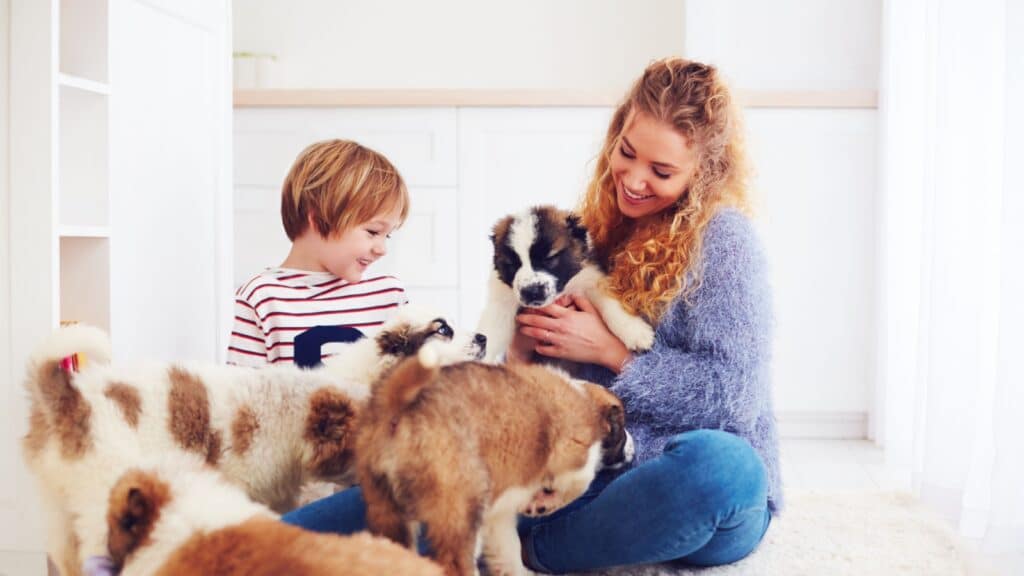
You don’t have to teach a lesson about kindness to animals because they already see it when you refill the dog’s water without being asked or when you put a bug outside instead of squashing it. It’s those small actions that they learn the most from. It could be something as simple as not yelling at the dog for barking, or gently pushing the cat from your lap instead of flipping out.
How You Talk About Money

While you may never sit your kid down for a financial conversation, they still pick up clues from you. They’ll start to shape their own ideas over whether spending stresses you out, or if you treat money like something to brag about. Really, the amount in your bank account doesn’t matter. It’s the impression that you give of it that does. They’ll notice if you whisper when you swipe your card or make sarcastic jokes about bills.
Whether You Help Without Being Asked

Kids notice when you ask to help someone who’s carrying too many bags. At the same time, they’ll also see if you walk past like it’s not your problem. Unprompted help, especially when it’s with small things, shows them that you don’t need a reward to do something decent, and they pay close attention to your behaviour. The smallest of behaviors sticks with them.
How You Talk to Yourself
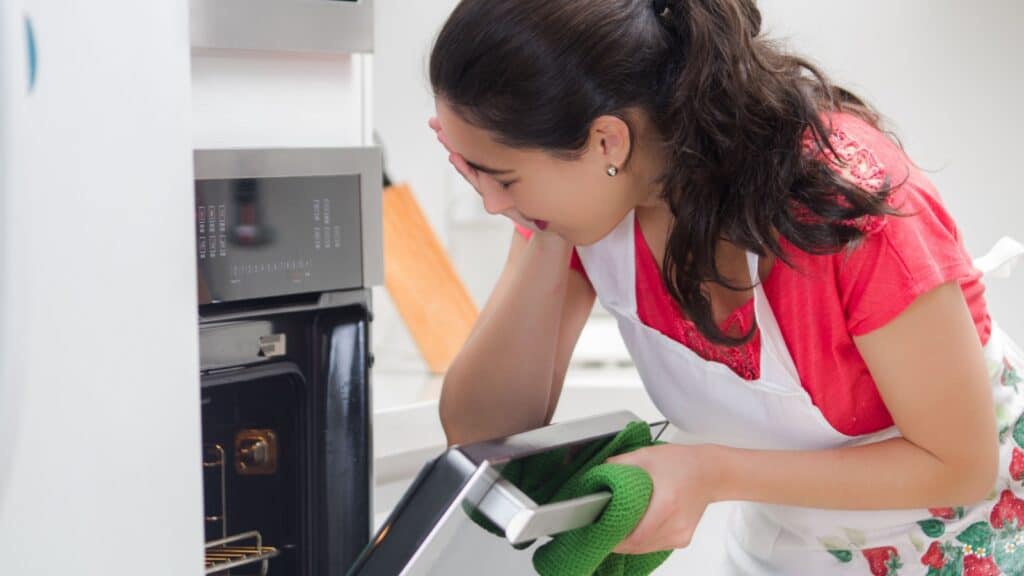
Even the way you talk to yourself is important. Burning dinner and telling yourself you’re an idiot is something that they’ll remember, regardless of whether you say stuff like that to them. How you speak about yourself becomes their background noise. Something as simple as sighing and saying, “Of course I’d mess this up,” affects how they think people deal with mistakes.
How You Act When Someone’s Late

They’re not listening to what you say about patience, and they’re actually just watching what you do when your friend shows up 20 minutes behind schedule. Do you shrug it off, or do you get moody? The mood you’re in tells them a lot more than the words you use, and that’s how they learn what being patient looks like.
Whether You Follow Rules No One’s Enforcing
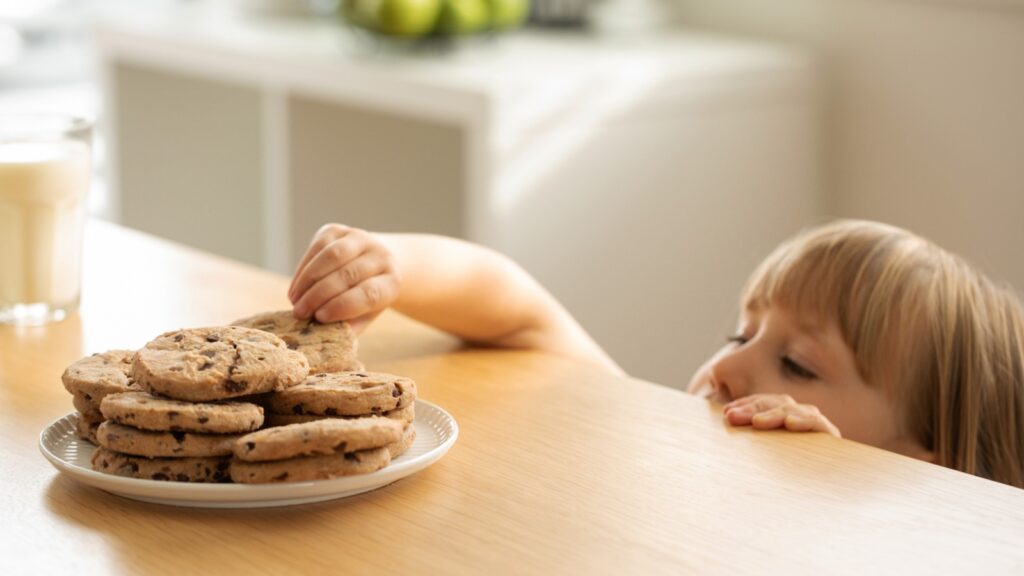
Sneaking snacks into a movie theater isn’t really a big deal, but bending the rules in this small way doesn’t go unnoticed. Kids learn whether rules apply only when someone’s watching, or all the time. Your actions answer that better than any lecture could, especially when you tell them that you won’t be caught while doing something technically wrong. Brushing off a fine or laughing about skipping a line teaches them quite a lot.
How You Treat People Who Disagree With You
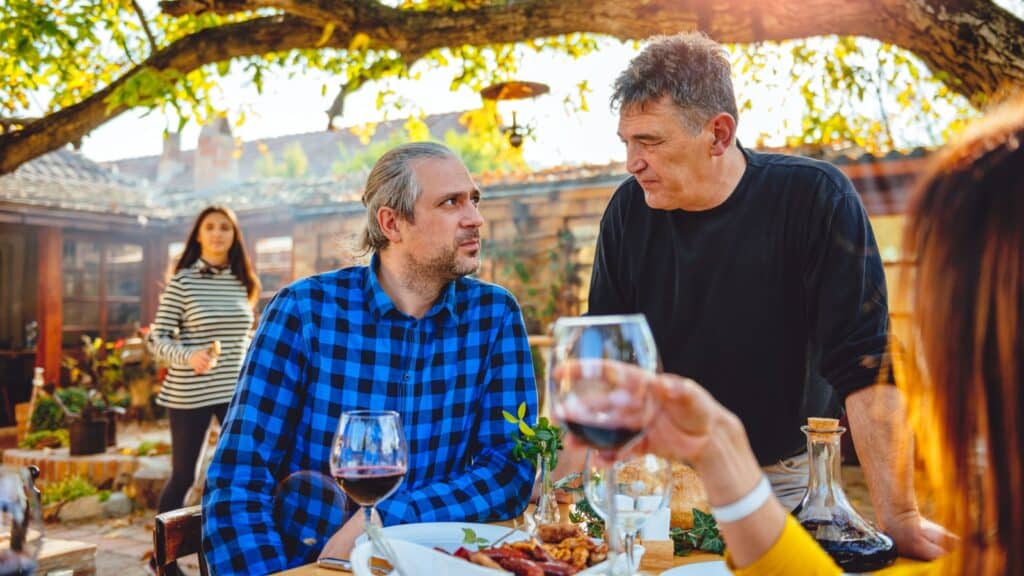
Whether it’s a neighbor or someone at Thanksgiving dinner, your kid is observing how you deal with disagreements. You might stay calm, or you might get defensive, perhaps even make a joke and change the subject. Whatever your reaction, they’re learning what you believe and also how you handle pushback. They pay attention to your tone and how you respond. They’ll see if you even do at all.
Whether You Finish What You Start
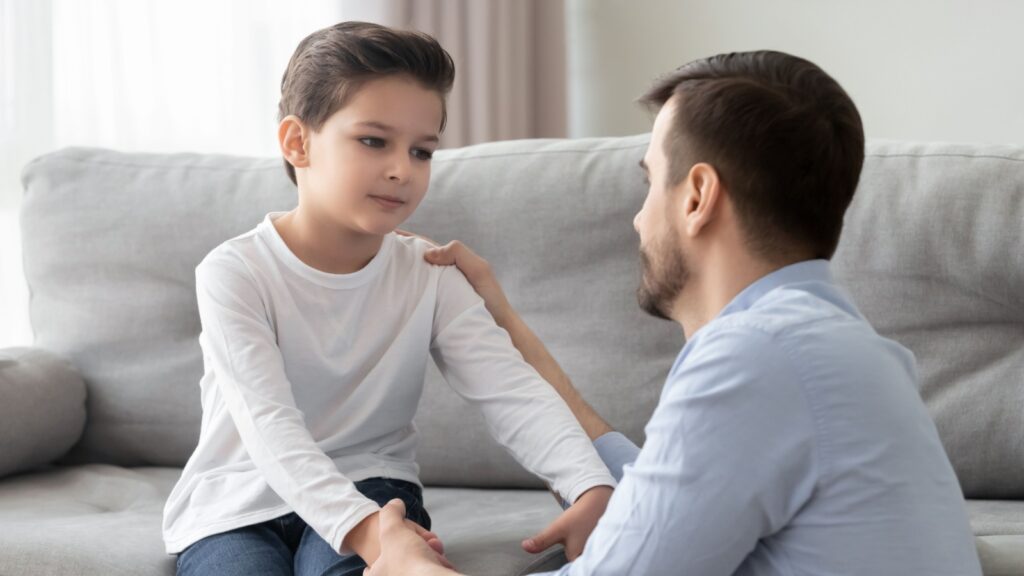
Kids see that you started painting the living room six months ago and never finished, as well as that “to donate” pile still in the trunk. Rather than looking for perfection, they notice which promises get finished and which ones turn into long-term background clutter. They remember if you say you’ll do it tomorrow, but never do. It’s true even for things as simple as a book you gave up on or a shelf you never put up.
How You React to Being Wrong
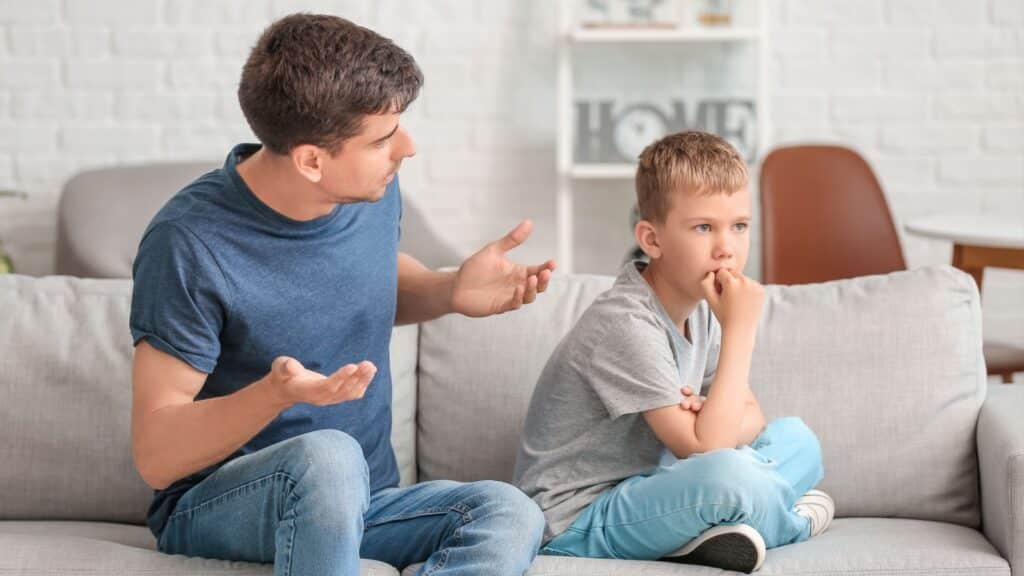
You say something with total confidence, only to then find out you’re completely off. What happens next? If you simply confess that you were wrong and then move on, kids see that. But if you argue or get weirdly quiet, maybe also pretend you never said anything, that stands out to them too. Maybe they’re not taking notes, but their brains are.
What You Do With Leftovers

There’s one slice of pizza left. Do you throw it away, or do you wrap it and eat it cold five hours later? You might think nobody cares, but your kids are watching to see whether your leftovers end up in the trash every night. The small stuff matters, too, like scraping a plate too fast or saying that nobody’s going to eat the food. They’re learning whether leftovers are gross or a normal part of how meals work.
19 Things Our Parents Did That Would Be Called ‘Neglect’ Today
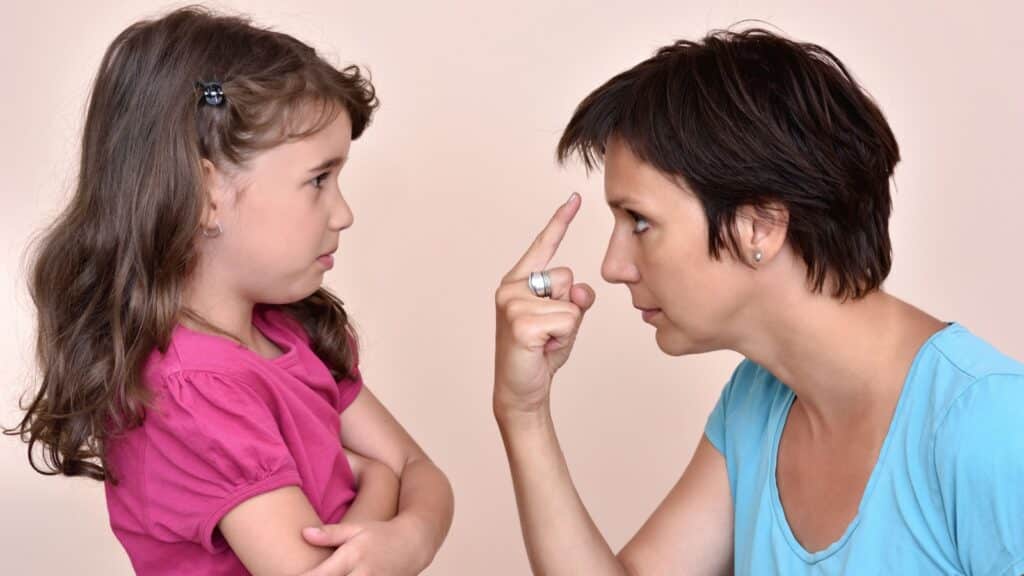
70s, ’80s, or even ’90s parents did not hover over us or track our every move. They just handed us over a bike, a key, and some vague advice: “Don’t die.” And somehow we lived to tell the tale. Here are things our parents did that would probably land them on a parenting “no-no” list today.
19 Things Our Parents Did That Would Be Called ‘Neglect’ Today
19 Things Older Generations Hate About ‘Woke’ Parenting

These are things that older generations would never even imagine would be up for debate, like saying that winning a game is too aggressive. Yes, really. Here are 19 reasons Older Generations can’t stand the way “woke” parents raise their kids.
19 Things Older Generations Hate About ‘Woke’ Parenting

